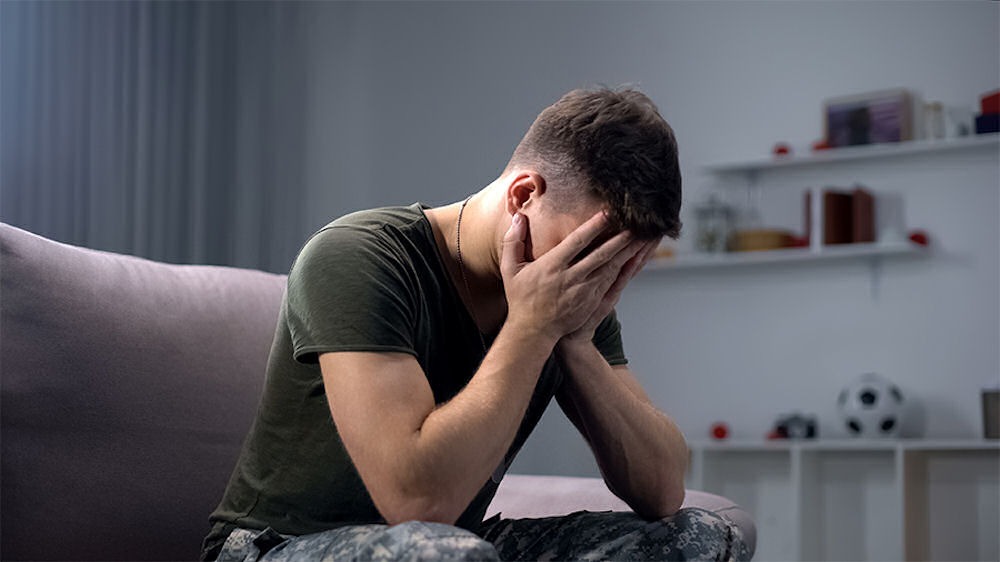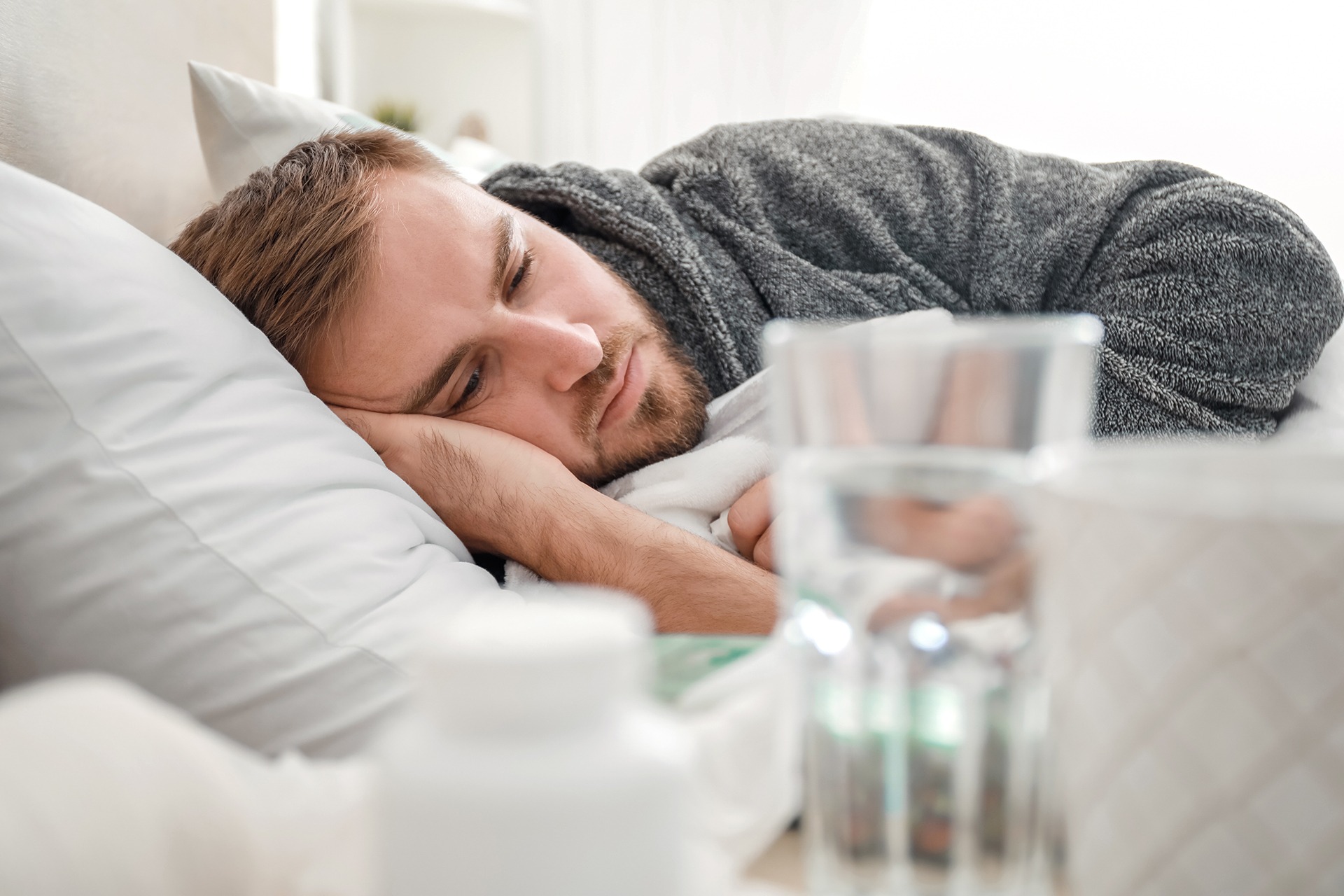We’ve all been told before, whether it be by our primary care physician or a pharmacist when taking prescription medication, don’t mix the drug with alcohol. While we have all been given that warning, not everyone follows it.
However, there’s a reason why we are given those warnings and instructions.
Many prescription medications, such as Zoloft, can have dangerous physical and mental consequences when mixed with alcohol. In the case of Zoloft specifically, mixing Zoloft and alcohol can interfere with the effectiveness of the drug and cause serious and even dangerous side effects.
So, if you or a loved one is currently taking the prescription drug Zoloft, you are going to want to keep reading about the dangers of mixing the drug with alcohol, as well as ways you or they can get help for Zoloft or alcohol misuse and abuse at Georgia Sky Outpatient Detox.
What Is Zoloft and How Does It Work?
In order to have a better understanding of how Zoloft interacts with alcohol, let’s first take a deeper look at what Zoloft is and how it works.
Zoloft is a popular antidepressant that is often prescribed to treat conditions such as depression, anxiety disorders, post-traumatic stress disorder (PTSD), and obsessive-compulsive disorder (OCD). As a selective serotonin reuptake inhibitor (SSRI), Zoloft works by increasing the levels of serotonin in the brain, a neurotransmitter that plays a key role in mood regulation, sleep, and overall mental well-being.
By helping to regulate the balance of serotonin in the brain, Zoloft can not only help alleviate many of the symptoms associated with the various conditions it is prescribed for, but it can also promote emotional stability and improve the quality of life for those struggling with these conditions.
However, just like other prescription medications, Zoloft comes with specific guidelines and precautions to ensure its effectiveness and safety, one of which involves avoiding alcohol.
Understanding How Alcohol Affects Zoloft
That leads us to our next point, what happens when you mix Zoloft and alcohol?
Well, as you may know, alcohol is considered a central nervous system (CNS) depressant. As a result, when you drink alcohol, your brain slows down. This is what often leads to impaired cognitive functions and physical coordination. As a result, when you consume alcohol while taking Zoloft, the alcohol can actually interfere with the medication, making it less effective.
There’s also the effect that both substances have on the brain’s chemistry. While Zoloft is intended to stabilize mood and enhance serotonin levels, alcohol disrupts the brain’s natural balance, potentially negating the benefits of the medication.
This interaction can lead to unpredictable and potentially dangerous consequences.
Short-Term Risks of Mixing Zoloft and Alcohol
What are some of those potentially dangerous consequences? Well, let’s take a look.
Combining Zoloft and alcohol can come with significant risks, both short-term and long-term. Some of the more significant short-term risks include:
Mood Swings and Emotional Instability
Alcohol can exacerbate mood swings and emotional disturbances, counteracting Zoloft’s stabilizing effects.
Impaired Cognitive Function
Mixing Zoloft and alcohol can reduce the ability to think clearly, impair judgment, and slow reaction times.
Nausea and Stomach Issues
Both substances can irritate the stomach lining, potentially causing nausea, vomiting, or diarrhea when taken together.
Dizziness and Impaired Coordination
We mentioned this one with alcohol, but when combined the interaction of the two can disrupt motor skills and balance, increasing the likelihood of accidents or falls.
Increased Sedation and Fatigue
Both Zoloft and alcohol can cause drowsiness. Together, their sedative effects amplify, leading to extreme fatigue and impaired functionality.
Long-Term Health Consequences of Combining Zoloft with Alcohol
In the long term, the impacts of mixing Zoloft and alcohol can be even more severe. Some of the more significant consequences of mixing the two long-term include:
- Worsening Mental Health – While taking Zoloft is intended to improve your overall mental health, alcohol is known to worsen symptoms of depression and anxiety over time, thus actually hurting your treatment.
- Cardiovascular Issues – Alcohol can raise blood pressure and heart rate, compounding the cardiovascular side effects sometimes associated with Zoloft.
- Liver Damage – Both alcohol and Zoloft are metabolized in the liver. Chronic alcohol consumption can strain the liver, impairing its ability to process Zoloft effectively and increasing the risk of liver damage.
- Neurological Impairment – Prolonged misuse can lead to cognitive decline and permanent changes in brain function.
- Dependency and Addiction – Combining substances can increase the likelihood of developing a dependency on alcohol, which complicates mental health treatment.
How Zoloft and Alcohol Impact Mental Health Together
Combining the two substances can actually have a negative impact on your overall mental health, something that is counterproductive to taking Zoloft in the first place.
Since alcohol is a depressant, mixing the two can actually have the opposite effect on a person’s brain such as:
- Feelings of sadness, anxiety, or hopelessness
- Suicidal thoughts
- A disruption in sleep patterns
Since Zoloft is intended to address and treat those issues, mixing alcohol with the drug can often result in Zoloft being rendered ineffective.
Increased Risk of Side Effects When Mixing Zoloft and Alcohol
Not only does the effectiveness of Zoloft either decrease or disappear completely, but the chances of side effects associated with Zoloft increase greatly when mixed with alcohol as well.
These can include:
- Severe drowsiness
- Nausea or vomiting
- Headaches
- Dizziness
- Increased heart rate
- Blurred vision
In extreme cases, mixing the two can even lead to alcohol poisoning, blackouts, overdose, and death.
Why Mixing Zoloft and Alcohol Reduces Medication Effectiveness
One of the biggest issues as it relates to mixing alcohol and Zoloft is the fact that when the two are mixed, the effectiveness of Zoloft greatly decreases.
While Zoloft works to stabilize serotonin levels, promoting mental health and emotional balance, alcohol disrupts serotonin production and utilization, creating fluctuations that undermine Zoloft’s therapeutic effects.
When Zoloft can’t act in an effective manner, it can not only lead to inconsistent treatment outcomes such as erratic mood regulation, but it can also make it tougher for the body to absorb the medication, thus requiring taking more of it in order to make it effective.

Tips for Avoiding Alcohol While on Zoloft
After reading all this you may be thinking to yourself how you can make sure you or your loved one is avoiding alcohol while taking Zoloft?
Well, there are several things you can do including:
Plan ahead
If you know you are going to be somewhere where alcohol is present and available, have a plan for not drinking.
Find alternatives
Along those lines, experiment with non-alcoholic drinks and find one you particularly like. Sometimes something as simple as having a drink in your hand can satisfy that “itch” to drink.
Communicate
Be open and let those around you know that you aren’t drinking. You don’t even have to tell them it’s because you are taking Zoloft either if you don’t want to.
Educate yourself
Understand the risks associated with mixing alcohol and Zoloft (which we are doing in this blog).
Practice self-care
Focus on activities that promote well-being, such as exercise, meditation, or hobbies.
Safe Alternatives to Alcohol for Stress Relief on Zoloft
Many people use alcohol as a form of stress release. They may drink to help relax at the end of the day and take the edge off. If you are someone who falls into that category but is also taking Zoloft, there are some things you can do to help better manage your stress without the need for alcohol.
Here are some alternatives you may want to consider:
- Meditation and Yoga
- Exercise
- Creative outlets just as writing or playing music
- Therapy or counseling
- Support groups or social circles

Seeking Help For Zoloft and Alcohol Misuse at Georgia Sky Outpatient Detox
If you or someone you know has developed a substance abuse or addiction issue as a result of mixing Zoloft and alcohol, it’s important to remember that help is available. It’s also important to remember that the first step in any treatment plan is detox.
Detoxing is done in order to rid the body of any harmful substance that may be in it, such as prescription drugs and alcohol, so that the body and brain can begin the healing process. Due to the nature of detoxing and the withdrawal symptoms that often come with it, it is highly recommended that detoxing be done under the care and supervision of trained medical professionals.
At Georgia Sky Outpatient Detox we offer outpatient detox services for those looking to get their recovery journey started in a way that is convenient and beneficial for them. For more information about our outpatient detox services, or to get started on your recovery journey, contact us today.


